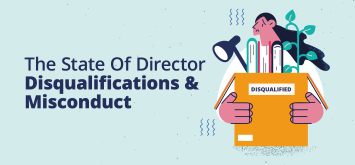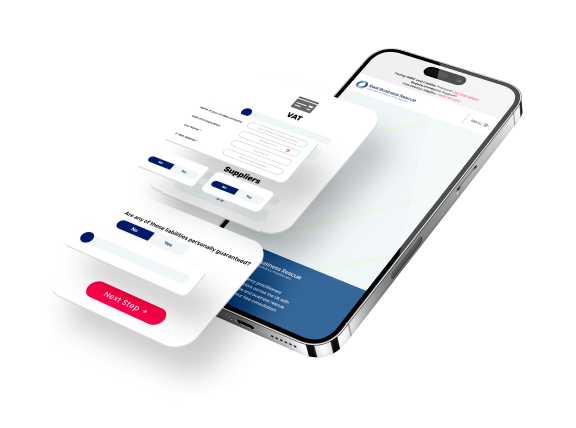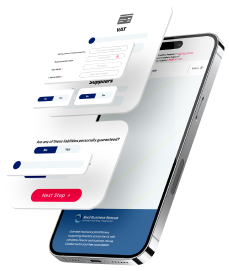
Recent News
The RBR Director Advice Hub is designed to provide directors free business advice & resources.
News








Free 60 Second Test
For Ltd Company Directors
Get An Instant Understanding Of Your:
- Debt and Asset Position
- Director and Liability Review
- Next Steps
Plus much more ...
We provide free confidential advice with absolutely no obligation.
Our expert and non-judgemental team are ready to assist directors and stakeholders today.

Understand your company's position and learn more about the options available

Find your nearest office - we have more than 100 across the UK. Remote Video Meetings are also available.

Free, confidential, and trusted advice for company directors across the UK.





